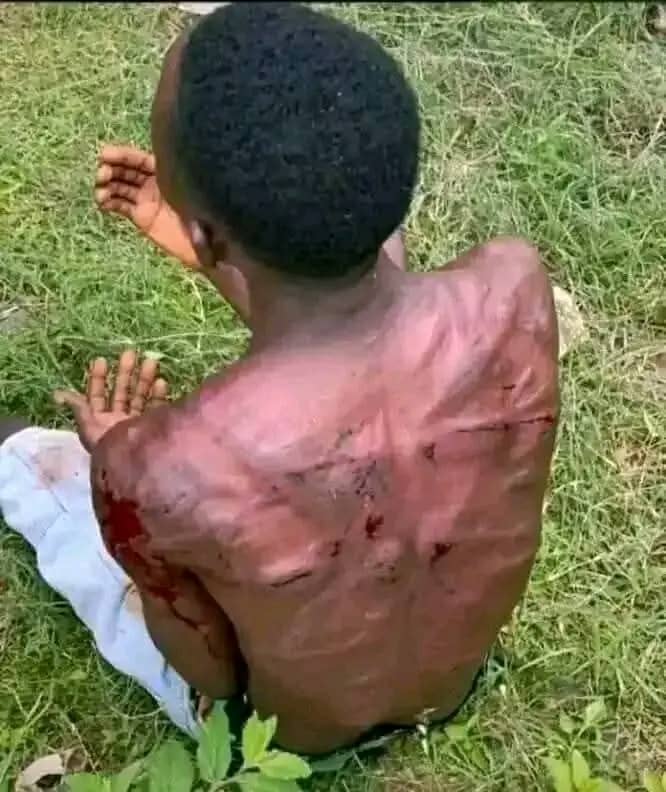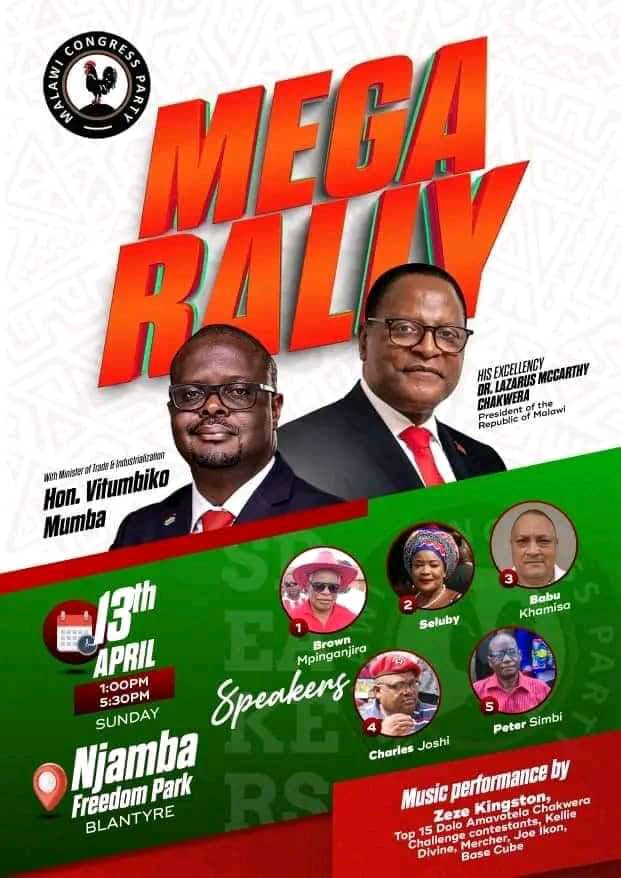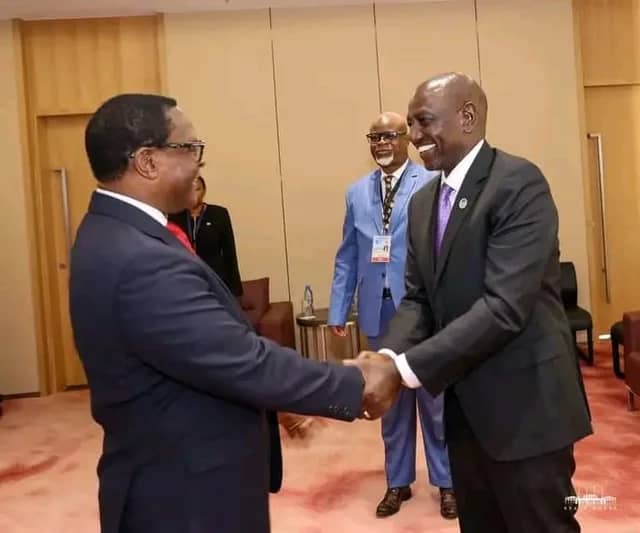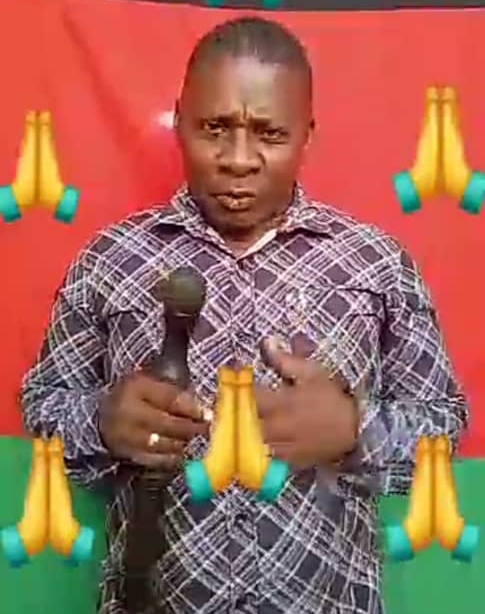By Burnett Munthali
A chilling message broke out across social media platforms on June 26, alleging the death of one of Sylvester Namiwa’s associates due to severe beatings.
The post pleaded for divine intervention and promised more details, insisting the truth would only be found through their platform.
“If this is true,” one user warned, “trust you me, tribal war is about to erupt.”
Another participant confirmed, “This is Mangochi,” grounding the report geographically.
The confirmation was followed by someone simply stating, “Very true,” showing a shared understanding of the situation’s severity.
One user raised a crucial question—why have the security personnel who merely watched the violence unfold not been taken to court for negligence?
In frustration, another group member asked why it seems like the South remains untouched, despite many candidates for positions like MP or councillor coming from that region.
Chikoja MRA added further concern, noting that Sylvester Namiwa remains unaccounted for and no one knows his condition.
He ominously stated, “Nkhondo is knocking,” suggesting imminent conflict.
Frustration with Malawi’s justice system also surfaced, with one user lamenting, “The problem is with these courts.”
Another individual speculated that any potential alliance between UTM and DPP could only work if UTM led the coalition—a scenario deemed unlikely by many.
“The courts are corrupt,” said one user bluntly, while another responded, “Too much,” as if to say the situation has spiraled beyond reason.
A third voice added a resigned note, “Everyone is corrupt; it just depends on the magnitude.”
Attempting to disengage from the stress, Chikoja said, “Let’s leave it—let them run things the way they want to.”
One member clarified their intentions: “I was just asking, sir! I don’t have any problem with who is who, as long as Malawi is saved.”
Another user observed that most MCP candidates in the Southern Region are now running as independents, possibly reflecting a shift in loyalty or trust.
One commenter added a sobering reflection: “Yes, even if we are rescued, what next? Because the last time we said we were rescued, we ended up being drowned—just like in 2020.”
The conversation took a darker turn with a chilling cultural metaphor: “Witchcraft is not only done secretly; it also involves devouring human flesh in broad daylight. The python only strikes in the evening—watch your mouth when near the pot.”
Another user, identifying themselves as “Village Champion,” cried out in despair: “Lord have mercy. This is not the Malawi we want. Where is our peace and tranquility?”
An emotional analogy followed: “We made a grave mistake. A father denied the pregnancy and tried to force an abortion. The mother refused and gave birth. Giving that father custody later would endanger the child’s life.”
Drawing parallels, the user continued: “In the same way, MCP denied democracy in the early 1990s. Malawi pushed for change and embraced democracy. If we now surrender that democracy back to MCP, can we really expect it to survive?”
Another voice called for reflection, appealing to leaders: “Imagine if it were your child who had been brutalized. Would demonstrations still feel like a valid path to reclaim the nation?”
One regretful participant admitted they had voted for the current leadership and even helped mobilize others. Now, they wish they had withdrawn their vote, saying it brought no peace.
The conversation ended with a haunting reminder: “Let’s not forget—they once declared that blood would be shed in June. June special, they called it.”
From fragmented voices across Malawi and the diaspora, one clear message emerges—citizens are frustrated, afraid, and disillusioned.
The state is seen as absent, the justice system as compromised, and the democratic gains made since the 1990s as dangerously close to collapse.
With rumors of violence, cries for accountability, and deepening mistrust in both government and opposition, Malawi stands on edge.
If the concerns raised by ordinary citizens are ignored, what follows may not just be political unrest, but a national crisis that erodes the very foundations of peace and unity.




